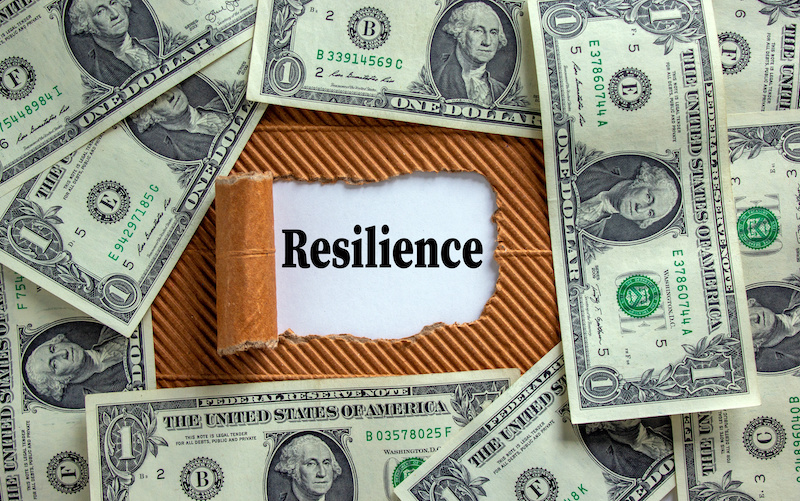Reverberations from Ultra: What’s Next?
Franklin Caplan, Luis de la Cruz, and Gary GrossMay 13, 2019
Responding to Ultra’s decision to move its hyper-amplified throbbing bass-beat from Miami, City Mayor Francis Suarez told Key Biscayne Mayor Mike Davey that “Key Biscayne needs to put skin in the game” about future planning for Virginia Key. It’s understandable that the City would be preoccupied with replacing Ultra’s lost revenue-stream, a hit of some $2 million per year. And, co-investing with the City could be beneficial on a project-specific basis – ball fields, for example, at the remediated landfill site if a similar project at the Tennis Center fails to gel. But there’s a tone of something ominous about “skin in the game.”
Presumably, Mayor Suarez may have been recalling the 2015 settlement proposal relating to our court action to prevent the Boat Show from relocating to Virginia Key. That failed proposal was the subject of Miami Herald columns. An April 12 column, from former Commissioner Marc Sarnoff, suggested that Ultra on Virginia Key was Key Biscayne’s fault, because we rejected a “seat-at-the-table” that we would have gained had we approved the 2015 settlement.
As noted in our April 18 reply, the Village Council did indeed reject that settlement, for good reason.
When the 2015 proposal was presented to our Council, our negotiating team complained of last-minute, non-negotiated City-required changes that were seen to degrade our position. That introduced an element of late ambiguity that on balance didn’t much matter, as members of our Council already had diminished confidence in the negotiation, which had proceeded with insufficient reporting to our Council about the deal particulars.
When those particulars were presented to us, our Council found the Village financial obligations to be out-of-whack relative to benefit. The draft agreement required a Village payment of over $6 million at inception, with an identical sum to follow upon later completion of land use covenants. All told, we felt that too much depended on yet-to-be-negotiated agreements.
Although future programming was murky, the Village would be on the hook for the Marine Stadium renovation cost-share — up to another $18.7 million (without renovation or operational plans in place), and for other unspecified capital expenditures, maintenance and operational costs. All of this, coupled with our disinclination to rely so much on future negotiations with $6.2 million already invested, and our inherent distrust about deadlock and future dispute resolution, led our Council to reject the 2015 proposal.
Shortly thereafter, the Village Council opted to restart a negotiated settlement effort. with the City and the Boat Show sponsor. Then Vice Mayor Caplan engaged with then Mayor Tomas Regalado and the City Manager, beginning a two-year negotiation with Commissioner Ken Russell, supported by City staff and the National Marine Manufacturers Association. Following numerous updates for and inputs from the City Commission and the Village Council, that effort produced a proposed final settlement last April. It was a different approach – not perpetual but a series of steps oriented toward better use of Virginia Key.
It required no Village contribution other than vision and collaboration. It featured multiple compromises and was imperfect for both parties, demonstrating that it probably struck the right balance. It was both aspirational and practical, built not on filling a budget hole but rather on planning for Virginia Key to contribute to a greater Miami. It counted on enlightened mutual self-interest as key to a relationship supported by shared interests rather than unworkable injunctions.
Without “skin in the game”, whatever that may portend, the 2018 settlement proposal was likely the best achievable, mutually acceptable deal that could be struck at the time, and certainly a positive step toward a better regional relationship. Before it came to Key Biscayne, the City Commission killed it by a 2-2 tie-vote, with a fifth commissioner, Keon Hardemon – maybe anticipating an Ultra-boost for his pet project – in the chambers but not managing to cast a vote.
“Skin in the game” implies an “or else.” That’s a less-than-optimal jumping off point for another negotiation with the City. But, it’s nothing new. We’ve always thought of Virginia Key in “existential” terms, because the City’s decisions there can so affect our one-road linkage to the mainland.
Of course, we should try again with our neighbors at City Hall. We should be ready to entertain cost-sharing ideas for appropriate purposes, remembering our overriding interest in a functional causeway not to mention a well-managed island ambiance. But if skin-in-the-game is a synonym for protection money, we should change the conversation.
The authors were members of the Key Biscayne Village Council. Caplan is publisher of Key News.



Join the conversation